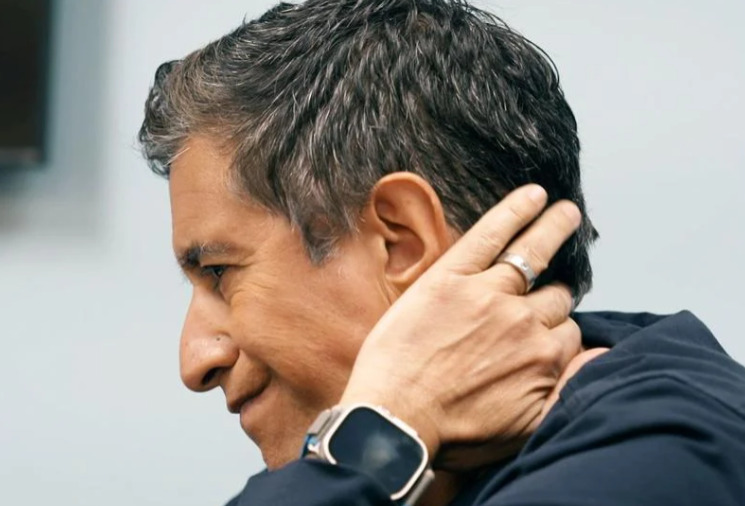Sanjay Gupta: All pain lies in the brain. Here’s what you can do about it.

From Dr. Sanjay Gupta: Whether it’s a brain tumor, a herniated disc or a pinched nerve, pain is often what first brings most of my patients to the hospital. Pain can be difficult to treat, in part because it has no objective measure.
It’s a challenge for doctors, and as a profession, we’ve often utilized medication. We’ve been very much a “monotherapy” culture — focused on opioids.
To be clear: For some people, opioids can be a lifesaver. But these past few years have taught me that there are alternatives. Part of treating pain is understanding that much of it is in our heads. I don’t say that to minimize the suffering but rather to provide an alternative target: the brain.
After all, if your brain decides you don’t have pain, then you don’t have pain. The brain can make your pain go away, and it can also create it out of nowhere, as is the case of phantom limb pain. All pain ultimately lies in the brain.
I think about my own mother, who I had never heard complain in her 80 years of life. A few years ago, she had a fall, resulting in a broken vertebra in her lower back. If I asked her how she would rate her pain on a scale of 1 to 10, she said an 80. It was hard to hear.
Ultimately, a procedure called a kyphoplasty, a spine procedure that uses cement to stabilize the broken bone, eventually brought her some relief, along with the meditation we practiced together.
She would close her eyes and focus on visualizing her broken bone — leaning into it, rather than away from the pain. And for those 15 to 20 minutes, her pain score dropped to zero. No pain whatsoever. Eventually the pain came back, but it was an example of how powerful the brain could be when it came to deciding whether you should have pain.
I hope you’ll read more about the strategies and techniques I’ve learned in my new book, “It Doesn’t Have to Hurt,” or watch our documentary of the same name at 9 p.m. ET Sunday on CNN.
Dr. Sanjay Gupta brings unparalleled credibility, experience, and clarity to the stage as one of the world’s most trusted voices in health and medicine. As CNN’s chief medical correspondent and a practicing neurosurgeon, he has reported on every major health crisis of the last two decades—from the frontlines of natural disasters and war zones to the global Covid-19 pandemic.
Event audiences benefit not only from his deep medical expertise, but also his unique ability to communicate complex topics with clarity, empathy, and relevance. Whether discussing brain health, crisis response, or the intersection of media and medicine, Dr. Gupta delivers insights that are timely, actionable, and deeply resonant for groups of all kinds. To host him for a speaking engagement, contact WWSG.
